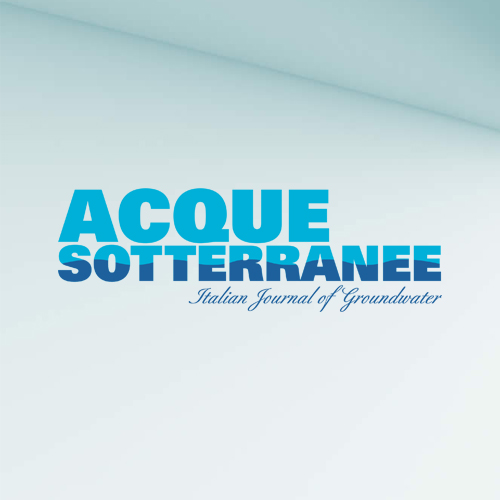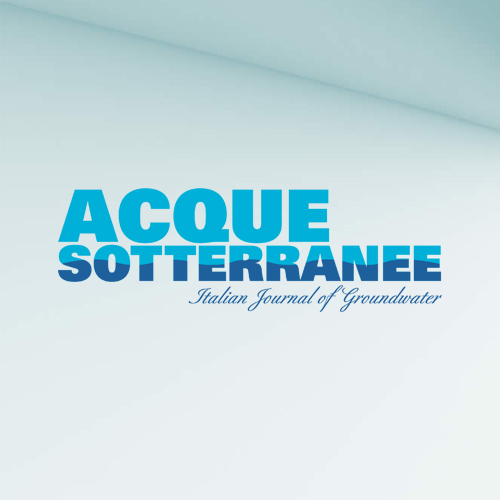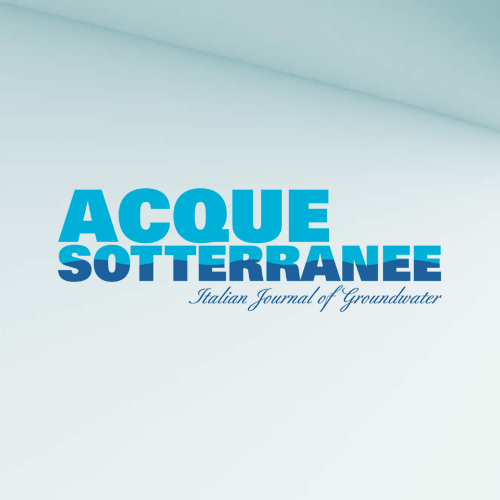Groundwater resilience, security, and safety in the four largest cities in Denmark
Accepted: 8 September 2024
All claims expressed in this article are solely those of the authors and do not necessarily represent those of their affiliated organizations, or those of the publisher, the editors and the reviewers. Any product that may be evaluated in this article or claim that may be made by its manufacturer is not guaranteed or endorsed by the publisher.
Authors
Denmark's complete reliance on groundwater for water supply presents a unique case study in management of natural resources, urban planning, and water resilience in the face of climate change. This paper examines the groundwater management strategies in Denmark in general, focusing on Denmark's four largest cities—Copenhagen, Aarhus, Odense, and Aalborg— each facing distinct challenges due to their demographic, geographical, hydrogeological, and economic characteristics. Through analysis of these cities' approaches to groundwater management, this research contributes to the global discourse on sustainable urban water supply systems. As coastal groundwater cities (CGC), these urban areas must navigate the complexities of sustaining growing populations, mitigating climate change impacts, and coastal processes while ensuring the long-term viability of their groundwater resources. Copenhagen and Aalborg, built atop semi-confined fractured and locally karstic carbonate rocks, highlights the specific challenges associated with karstic groundwater systems, while, Aarhus, and Odense built on glaciofluvial aquifers faces different issues. The different groundwater challenges in these cities underscores the importance of integrating urban development with water resource management and environmental sustainability, offering valuable insights and lessons learned for other regions facing similar challenges. This study, thus not only sheds light on Denmark's groundwater management practices, but also emphasizes the need for innovative solutions to ensure the resilience of urban water supply systems in a changing climate and increasing pressures of emerging organic contaminants and elevated concentrations of geogenic elements induced by water abstraction and fluctuating water tables. Advanced Danish monitoring and modelling tools applied to support decision-making and innovation within the water sector are continuously developed and improved to support resilient and sustainable management of the available water resources.
How to Cite

This work is licensed under a Creative Commons Attribution-NonCommercial 4.0 International License.
PAGEPress has chosen to apply the Creative Commons Attribution NonCommercial 4.0 International License (CC BY-NC 4.0) to all manuscripts to be published.
Similar Articles
- Paolo Cerutti, Andrea Dini, Emanuele Emani, [Deep geothermal and energy: electricity, geothermal lithium, critical raw materials] , Acque Sotterranee - Italian Journal of Groundwater: Vol. 13 No. 2 (2024)
- Rudy Rossetto, Iacopo Borsi, Closing the year 2021… being on track for 2022! , Acque Sotterranee - Italian Journal of Groundwater: Vol. 10 No. 4 (2021)
- Daniele Pedretti, Marco Bianchi, Preliminary results from the use of entrograms to describe transport in fractured media , Acque Sotterranee - Italian Journal of Groundwater: Vol. 8 No. 4 (2019)
- Paolo Cerutti, [Ground sorce heat pump systems, “superbonus”, opportunities for the economy and the environment] , Acque Sotterranee - Italian Journal of Groundwater: Vol. 10 No. 4 (2021)
- Paolo Cerutti, [Closed loop low enthalpy geothermal systems for underground heat exchange: public records, available data, implications for planning] , Acque Sotterranee - Italian Journal of Groundwater: Vol. 13 No. 3 (2024)
- Paolo Cerutti, [Global heating, sustainability, energy policies: UE Council calls for faster deployment of geothermal energy] , Acque Sotterranee - Italian Journal of Groundwater: Vol. 13 No. 4 (2024)
- Paolo Cerutti, Diego Marsetti, [Italian national guidelines for data-center environmental assessment] , Acque Sotterranee - Italian Journal of Groundwater: Vol. 13 No. 3 (2024)
- Paolo Cerutti, [Shallow geothermal (low enthalpy) and regulation] , Acque Sotterranee - Italian Journal of Groundwater: Vol. 13 No. 2 (2024)
- Daniela Ducci, Paolo Fabbri, Manuela Lasagna, Sergio Rusi, [Finally, we meet.... and talk about groundwater!] , Acque Sotterranee - Italian Journal of Groundwater: Vol. 10 No. 3 (2021)
- Daniela Ducci, [The 5th National Meeting on Hydrogeology Flowpath 2021, finally face-to-face!] , Acque Sotterranee - Italian Journal of Groundwater: Vol. 10 No. 4 (2021)
<< < 25 26 27 28 29 30 31 32 33 > >>
You may also start an advanced similarity search for this article.


 https://doi.org/10.7343/as-2024-803
https://doi.org/10.7343/as-2024-803










